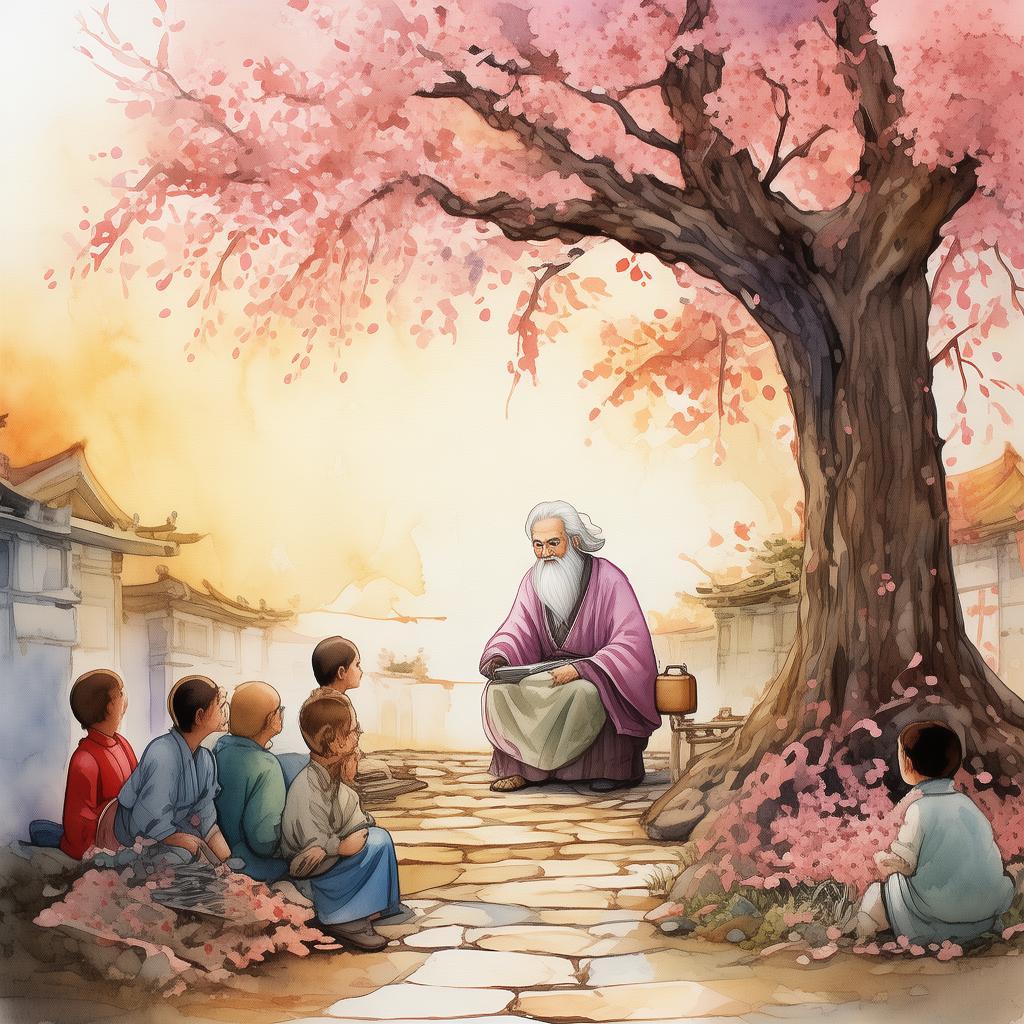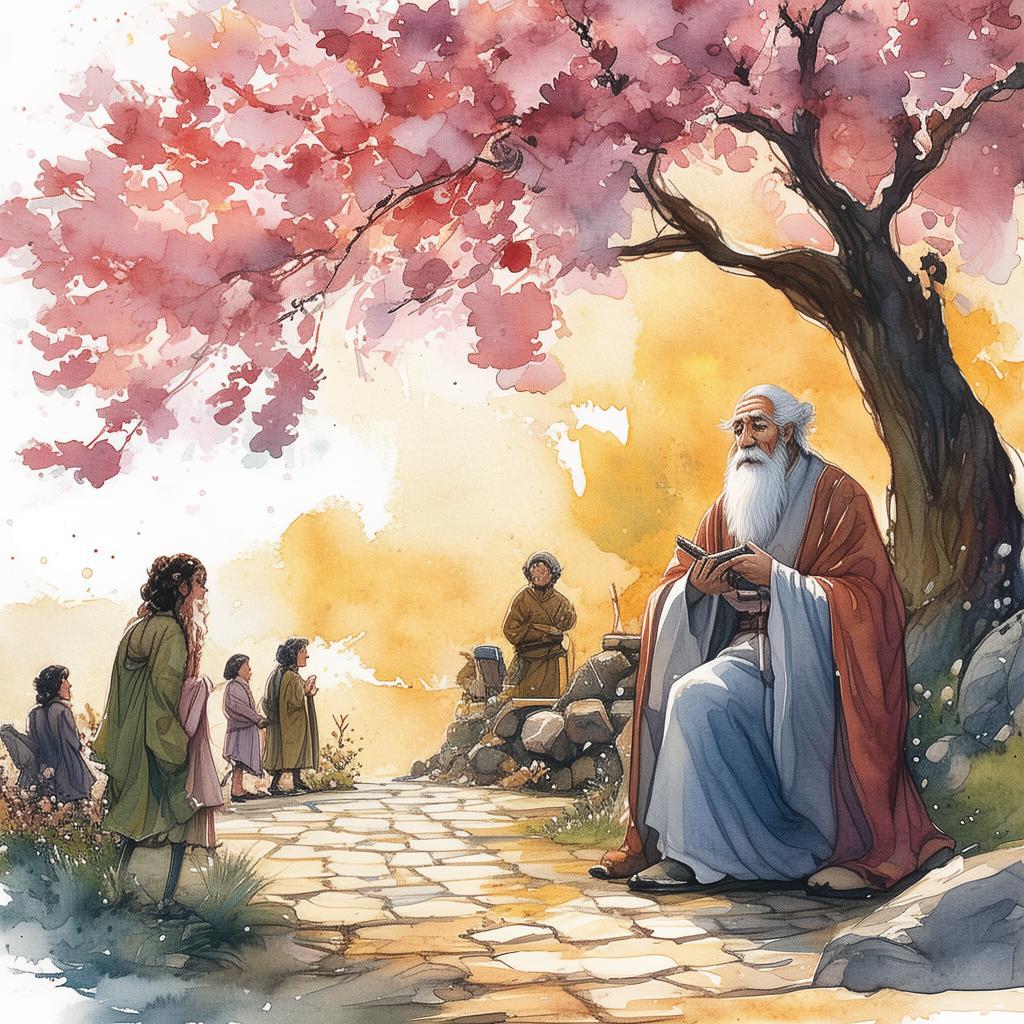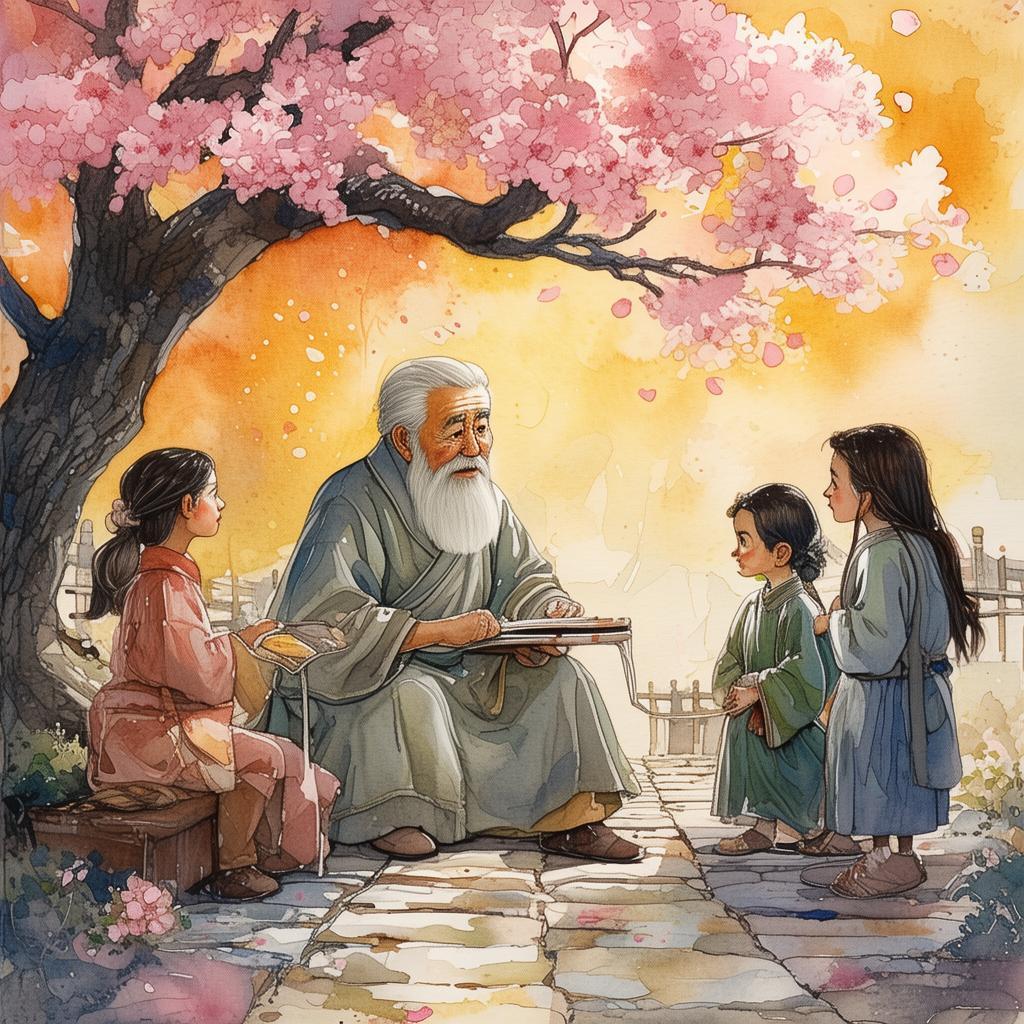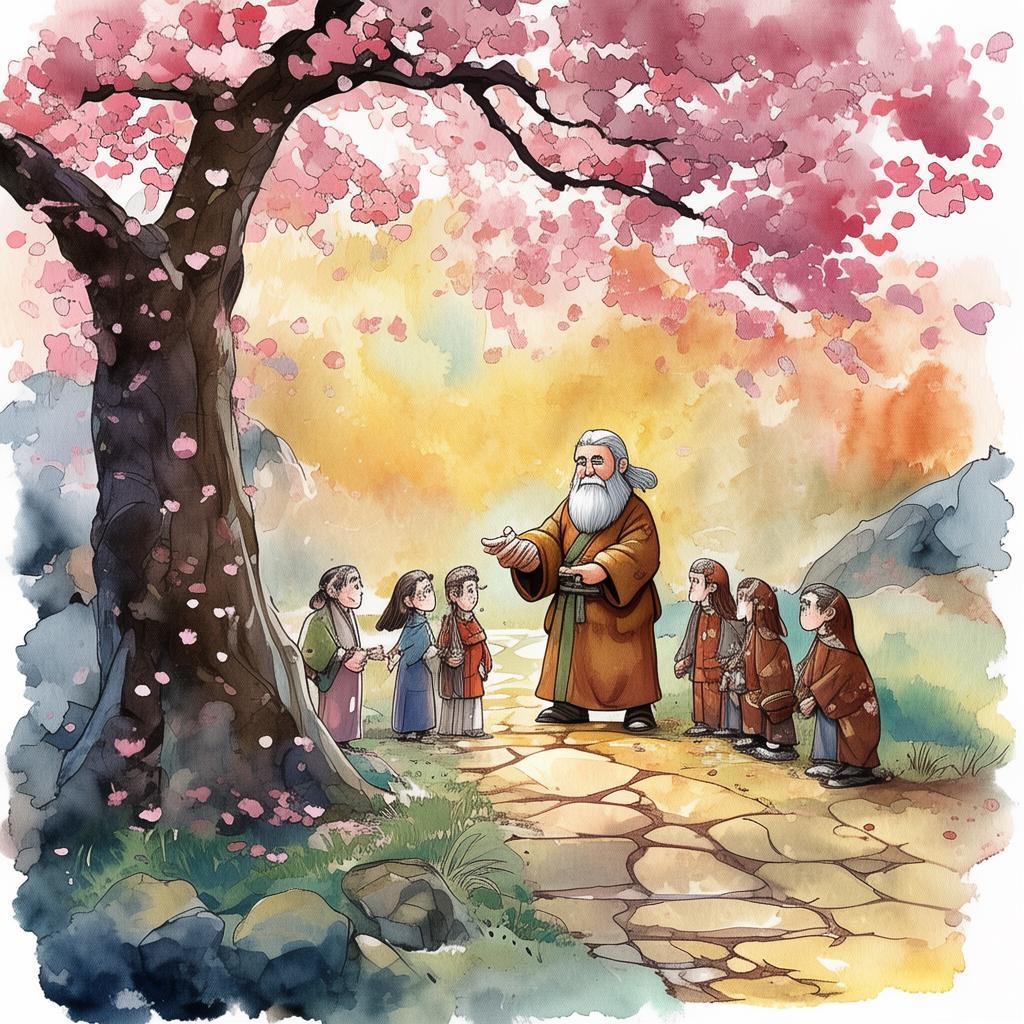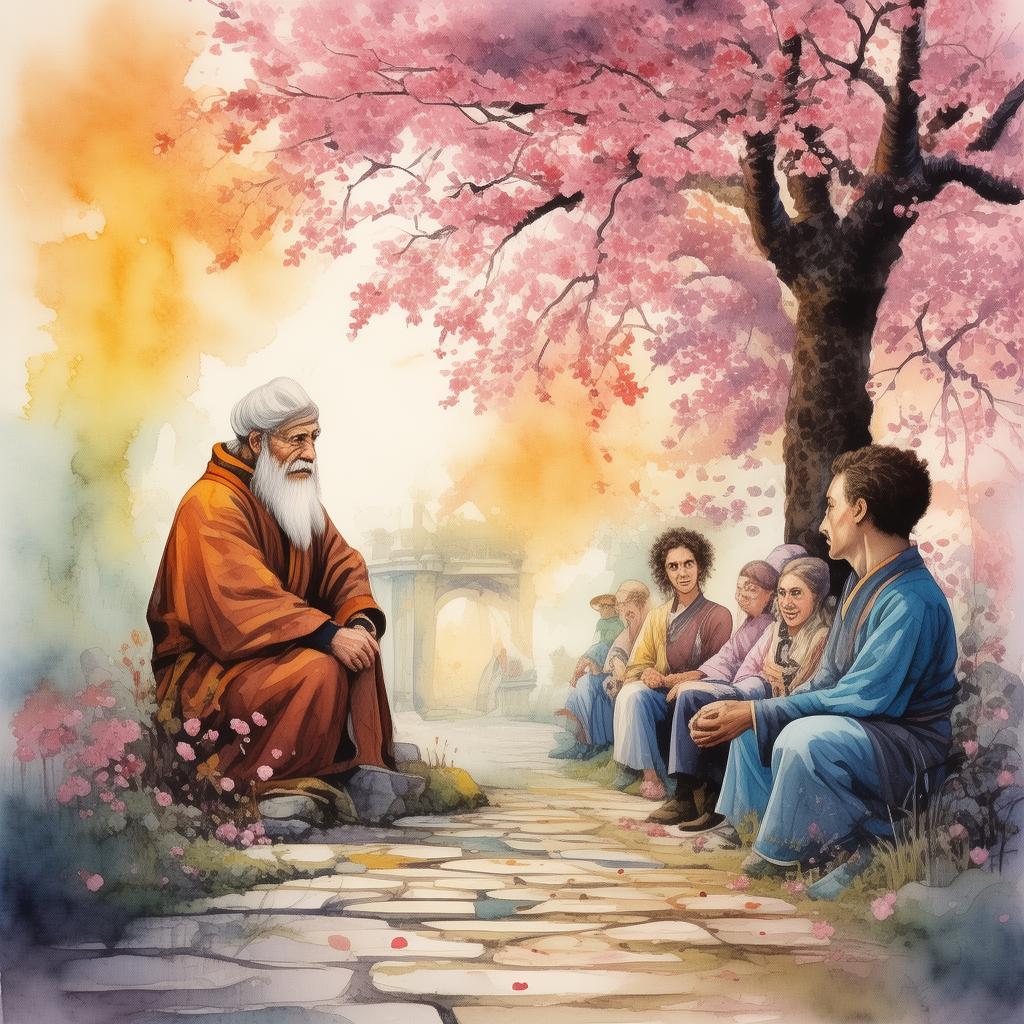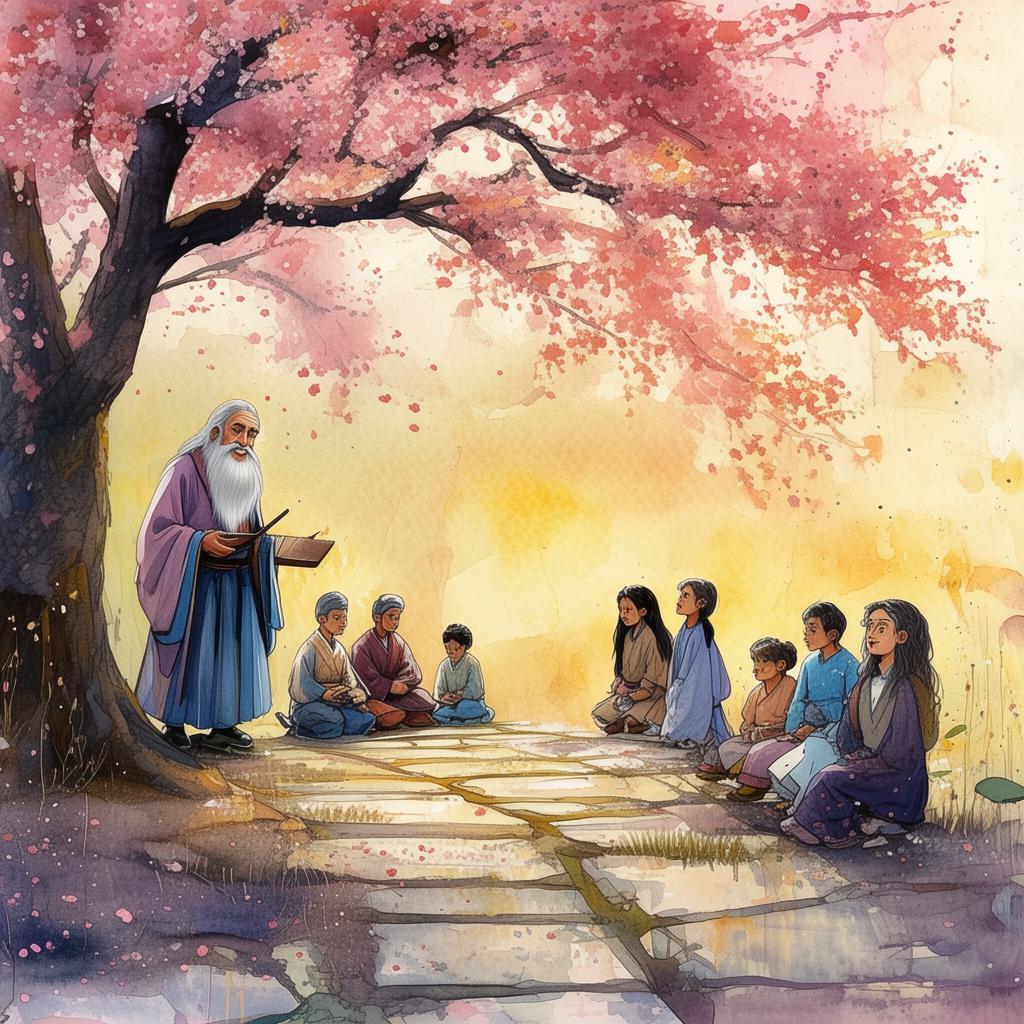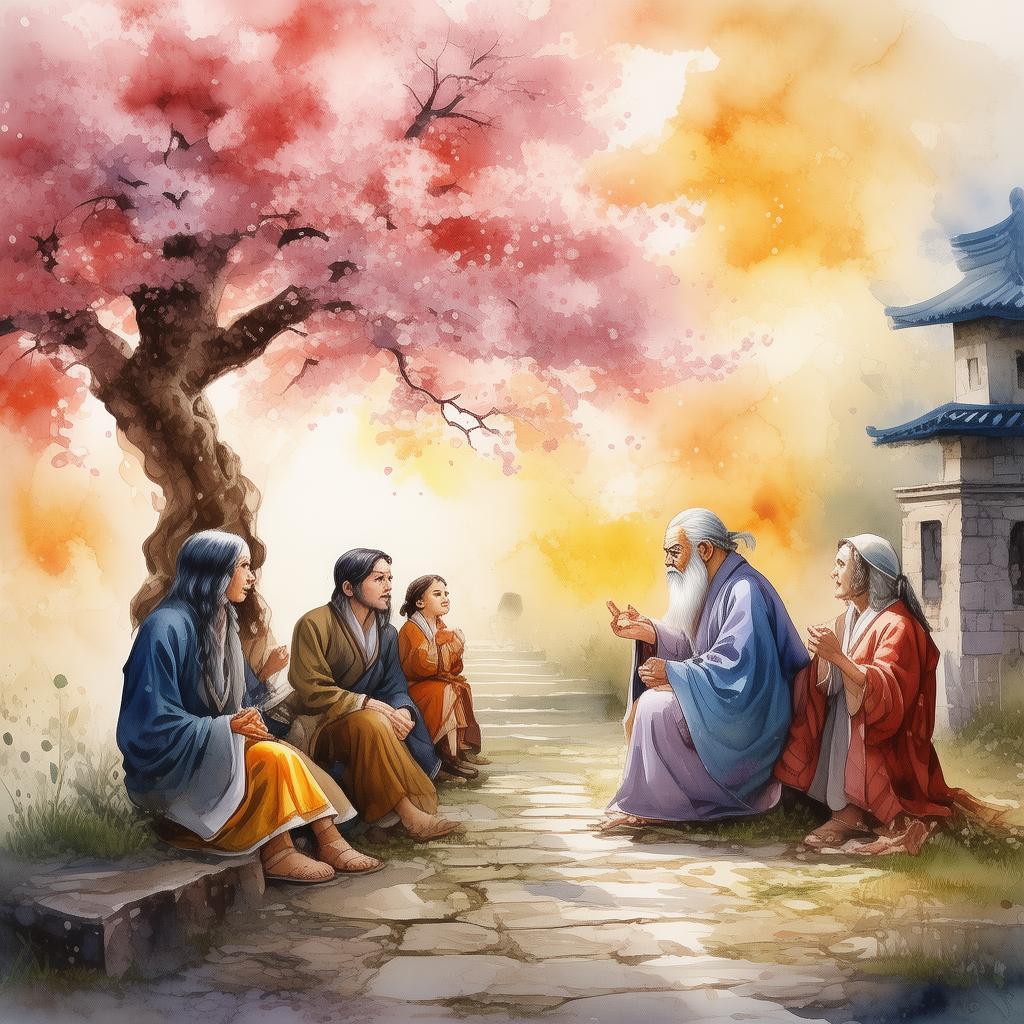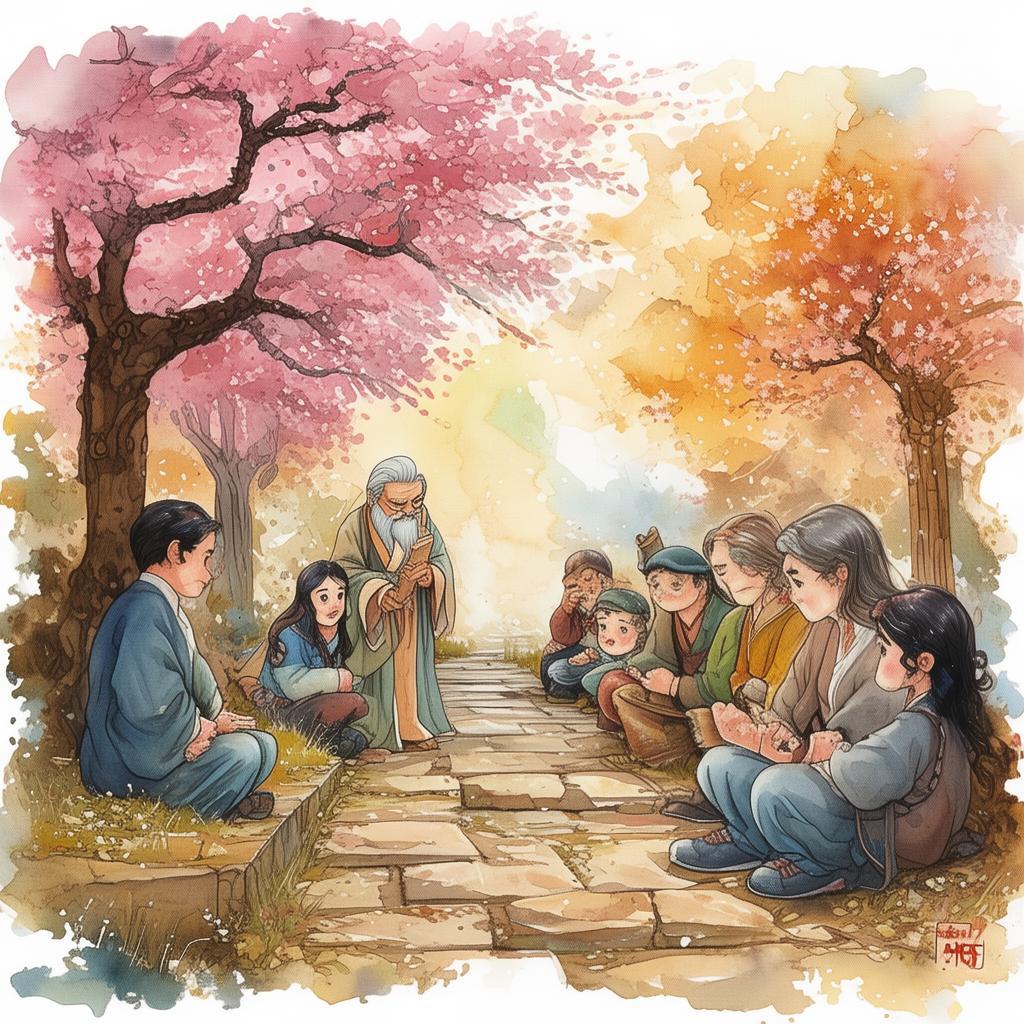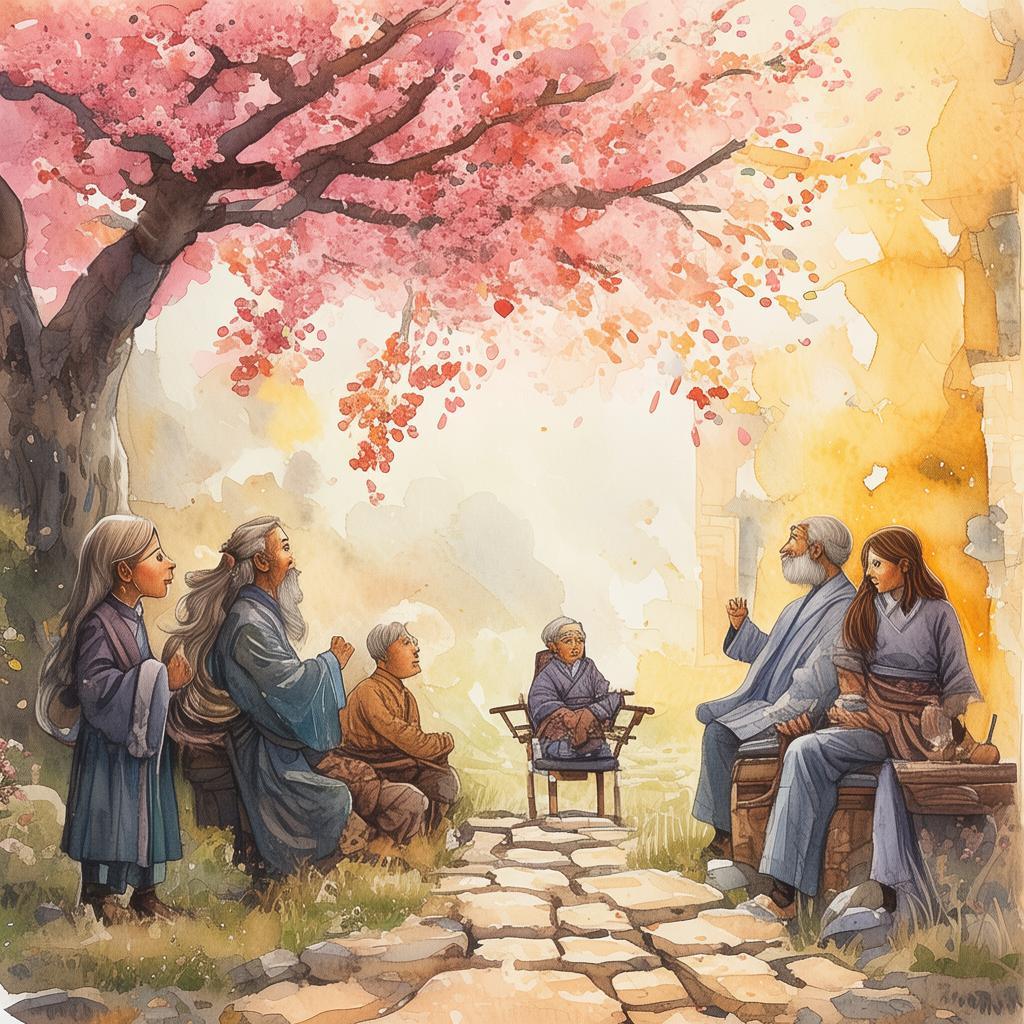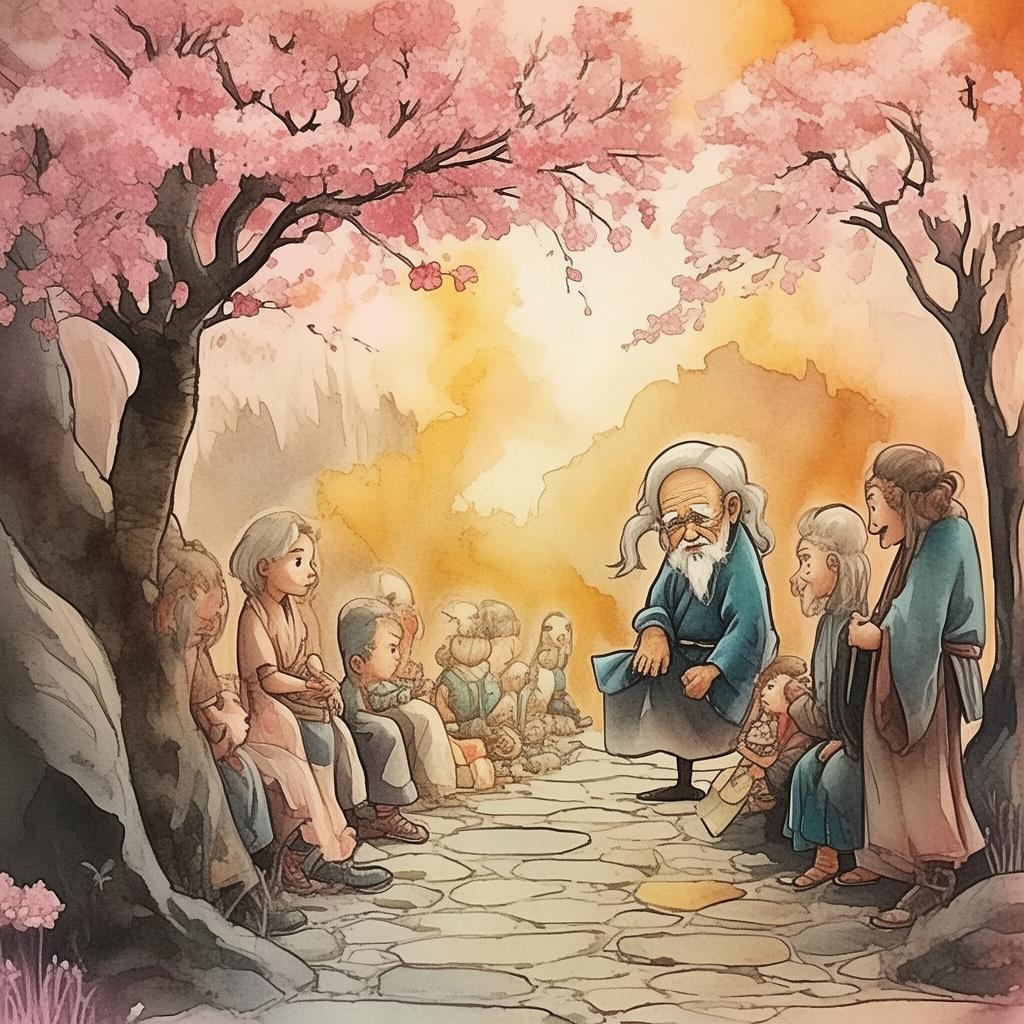Quantum Convergence: The Grandmaster's Dilemma
In the heart of an avant-garde cultural hub, a chess club known as "The Quantum Chess Club" stood. This was no ordinary chess club; it was a gathering of minds that had transcended the boundaries of conventional thinking. Among its members were chess masters, scientists, and philosophers who had dedicated their lives to the exploration of the game's deeper mysteries. The club's latest event was a quantum chess tournament, a competition that pitted players not only against each other but also against the fabric of time and probability.
The tournament's most anticipated match was between two renowned masters: Wei Chen, a prodigious player known for his intuitive grasp of the game, and Zhang Li, whose deep understanding of quantum theory had earned him the title of "The Quantum Chess Master." Both were on the precipice of their greatest victory, a win that would not only elevate their status but also alter the very essence of the game they loved.
As the game commenced, the tension was palpable. Wei Chen, with a calm demeanor and a calculating mind, moved his pieces with precision. Zhang Li, however, seemed lost in thought, his fingers hovering over the board as if caught in a paradox.
The game progressed at a breakneck pace, each move more intricate than the last. Wei Chen, feeling the weight of history on his shoulders, found himself at a critical juncture. His opponent, Zhang Li, had set up a move that threatened to unravel the fabric of the game, and with it, the very fabric of reality.
In that moment, Wei Chen's mind raced with a question that had been haunting him since he first stepped into The Quantum Chess Club: was he truly playing a game, or was he shaping the very tapestry of the universe?
The audience watched in awe as Zhang Li's next move seemed to defy the laws of probability. Wei Chen, his mind swimming in the depths of quantum theory, made a decision that would change everything.
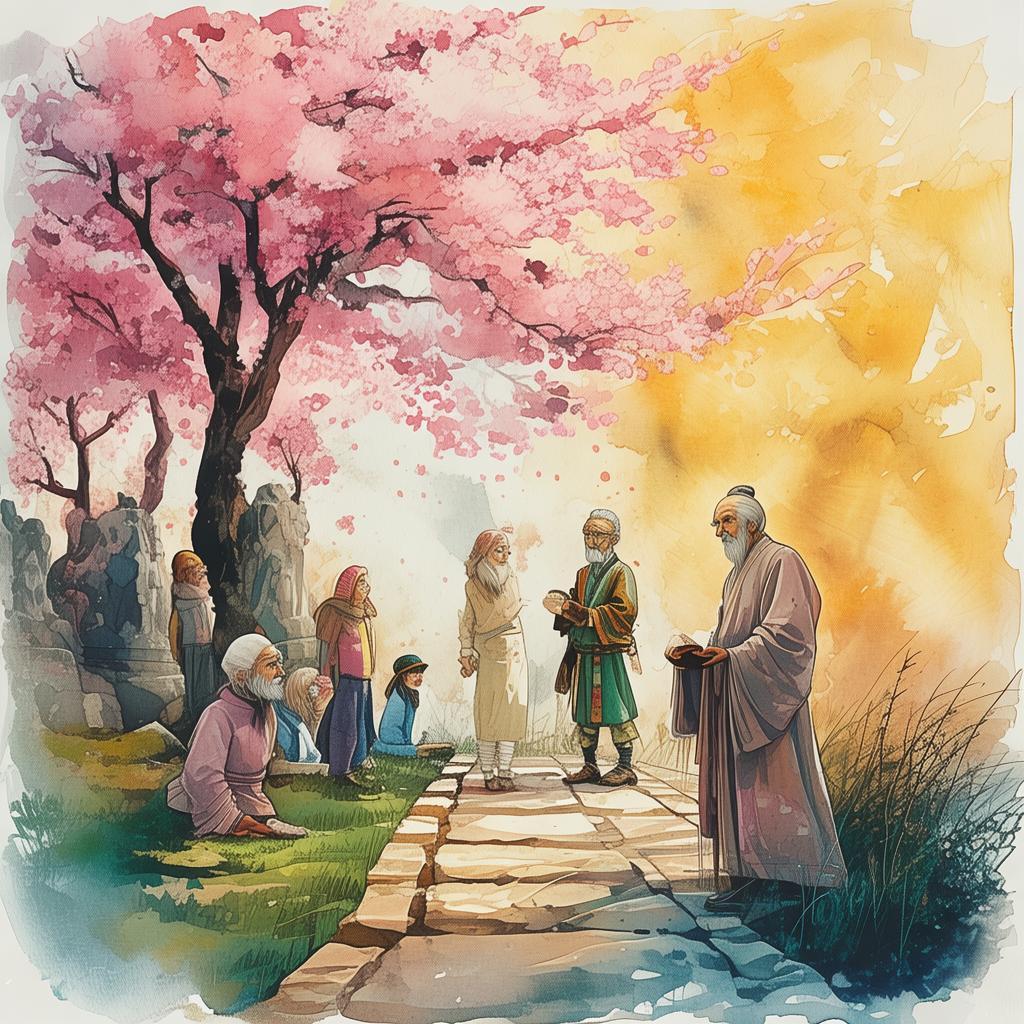
He chose to alter the course of the game, to play a move that had never been seen before, a move that seemed to defy logic itself. The board transformed before his eyes, the pieces moving as if influenced by an invisible hand.
The audience gasped as the pieces began to rearrange themselves, forming a pattern that was impossible by conventional standards. Wei Chen's opponent, Zhang Li, leaned back in his chair, a smile of triumph spreading across his face.
But then, a curious thing happened. The board began to glow, and the room seemed to shift. The audience, frozen in place, felt a strange sense of déjà vu. Wei Chen and Zhang Li, too, found themselves standing in the very same room, the same tournament, but in a different time—years apart from the present moment.
Confusion clouded their minds, but Wei Chen, with a surge of determination, realized that this was not just a paradox of the game but a glimpse into the fabric of reality itself. He decided to embrace the paradox, to play the game not as a challenge to his opponent, but as a challenge to the very nature of existence.
With that decision, the board transformed again, and the pieces began to fall into place. The audience, now fully engaged, felt a connection to the game they had never felt before. They watched as Wei Chen and Zhang Li, once rivals, became collaborators in the grandest chess game of all—Life.
As the game neared its conclusion, Wei Chen and Zhang Li found themselves in a position that mirrored the very beginning. They faced a decision: to play their best, to let the game unfold as it should, or to alter the course of history yet again.
Wei Chen, now more in tune with the quantum nature of reality, chose to embrace the consequences of their actions. He played the move that had been set before them, and the room returned to its original state, the board showing the game they had just played, the game that had become a metaphor for life itself.
In that moment, the audience realized that the true essence of the game was not in the moves themselves, but in the decisions that each player made. Wei Chen and Zhang Li had both learned a valuable lesson: the game of life, much like quantum chess, is about embracing the unknown and understanding that sometimes, the most difficult choices are the ones that lead to the most profound realizations.
As the tournament came to a close, the Quantum Chess Club stood as a testament to the power of human ingenuity and the beauty of the unknown. The story of Wei Chen and Zhang Li became a legend, a tale of how a simple game could unravel the deepest mysteries of existence, and how one could find the courage to embrace the consequences of their actions, even when the future was shrouded in uncertainty.
✨ Original Statement ✨
All articles published on this website (including but not limited to text, images, videos, and other content) are original or authorized for reposting and are protected by relevant laws. Without the explicit written permission of this website, no individual or organization may copy, modify, repost, or use the content for commercial purposes.
If you need to quote or cooperate, please contact this site for authorization. We reserve the right to pursue legal responsibility for any unauthorized use.
Hereby declared.
